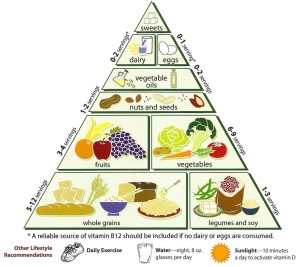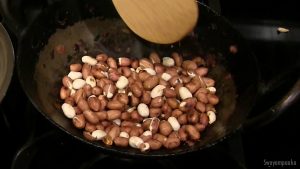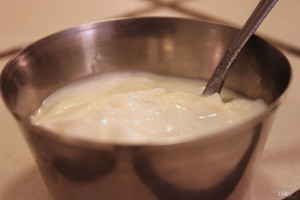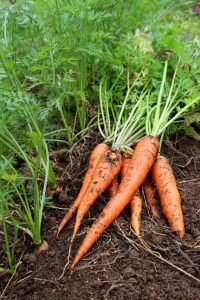“Everything in the universe is medicinal – it just depends on how it’s used” – This quote also applies to the food we eat. The traditional knowledge of food being used as medicine is perhaps as old as civilization. The earliest reference to medicinal value of food was made in Ayurveda, an ancient healing system in India nearly 4000 years ago. In this system, food was considered to influence every aspect of a person including the physical and emotional well being implying both the body and the mind. The Ayurvedic diet was so much advanced as to prescribe the most appropriate combination of foods to maintain the balance of mind, body and spirit.
Later, Hippocrates (460 BC-370 BC), a Greek Physician considered as the “Father of Western medicine” called attention to the importance of food in the dictum “let food be thy medicine and medicine thy food”. During Hippocrates’ time, the value of food in sustaining health and containing disease was well-known and was being widely applied to handle all varieties of ailments, from acute to chronic and emergency conditions.
However, in recent times, this priceless knowledge handed down to us from generations is fast disappearing with an increasing number of people taking to prescription drugs at the drop of a hat. Therefore, the need has arisen to revive the traditional knowledge of the medicinal value of foods for the benefit of the present and future generations.
Among nature’s precious gifts, spices are by far the best known foods having the power to heal and help in regaining health. Spices have been used as therapeutic foods in India since time immemorial and are known to exhibit digestive, stomachic and carminative actions. They are also believed to have tonic and stimulative effects.
The health benefits of the highly admired garlic is eulogized so much that it is said to be as good as 10 mothers! The popular adage “garlic a day keeps sickness at bay” sums up its significance.
Other common spices found in the kitchen shelf include black pepper used to improve digestion, stimulate appetite, and to remedy gastrointestinal problems, including diarrhea, dyspepsia and flatulence. Black pepper is also used to treat colds, coughs and sore throats. It is a common ingredient of chai, a spiced black tea beverage used throughout India that includes other herbs also believed to be “warming tonics,” such as cardamom, cinnamon, cloves, ginger, and star anise.
Cumin or jeera has a vast range of effects on human body. It exhibits anti-obesity and anti-inflammatory properties and acts as blood purifier, diuretic and uterine stimulant apart from showing marked digestive and carminative effects. Besides waking up the taste buds and enhancing the gastric secretions, “jal jeera”, a drink made by boiling jeera in water also makes a refreshing summer drink.
The traditional Chinese practitioner recommends hot ginger tea for the common cold. According to Ayurveda, the most important factors in selecting the appropriate herb are based on the individual’s constitution, imbalance and the efficacy of the herb. Hence, while hot ginger tea benefits the kapha person with common cold, a vata person may instead end up with constipation, especially after drinking a large dose! To get the best results however, it is important to avoid doing anything in excess. As they say “virtue lies in the middle” .
Coming close on the heels, fruits and vegetables, the two most important ingredients of a healthy diet are endowed with an impressive range of medicinal uses with high nutritional value. Fruits and vegetables form a repository of minerals, vitamins and phyto-nutrients providing a rich and rare combination of nutrition with protective compounds which can guard the body against many ailments. Vegetables like onion, potato, cabbage, green leafy vegetables and tomato and fruits like grapes, apple, lemon and guava could be used to counteract common ailments like headache, constipation, skin problems, internal worms, toothache, bleeding gums and even ulcer.
What’s important is to know when, how, how much, what and what not to eat to keep oneself fit and fine.



